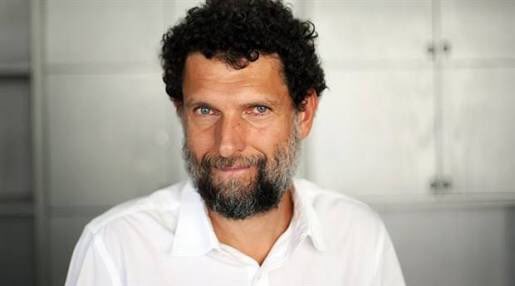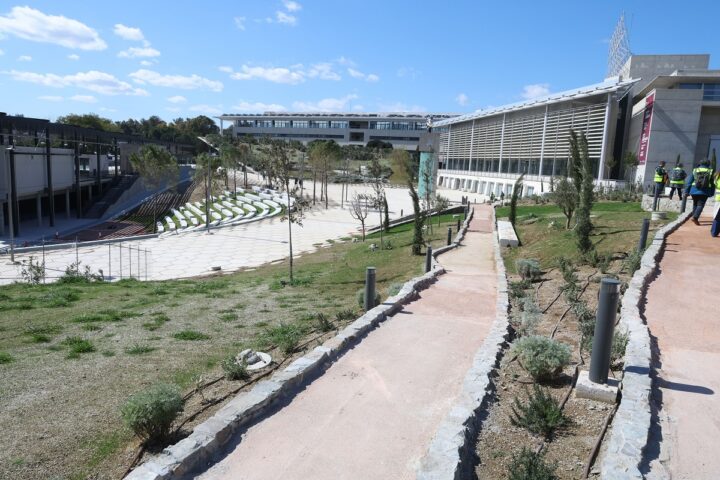Cyprus on Tuesday said Turkish businessman Osman Kavala sentenced to life in prison in Ankara, should be immediately released under the European Court of Human Rights judgement.
A Turkish court sentenced the prominent civil rights activist and philanthropist to life without parole in connection with the Gezi Park protests in 2013.
“Osman Kavala should be immediately released as per the legally-binding judgement of the European Court of Human Rights,” the Cyprus Foreign Ministry posted on Twitter.
“As an EU candidate country and CoE member, Turkey is obliged to abide by international commitments and respect human rights & international conventions.”
The court in Istanbul cleared Kaval of espionage charges but found him guilty of attempting to overthrow the government amid mass protests in 2013.
On Monday, seven other defendants were also sentenced to 18 years in prison amid boos in the courtroom.
The verdict comes as Europe’s top human rights body, the Council of Europe, launched infringement procedures against Turkey over the case.
Ankara has failed to abide by a European Court of Human Rights ruling in 2019, calling for Kavala’s immediate release.
Kavala — who has already spent more than four years in jail — denies allegations he financed the anti-government protests.
In his final defence statements, Kavala said the claims are “not plausible” and based on “evidence that is not evidence”.
“The fact that I spent four-and-a-half years of my life in prison is an irreparable loss for me,” he told the court by videoconference.
“My only consolation is the possibility that my experience will contribute to a better understanding of the grave problems of the [Turkish] judiciary.”
The 64-year-old has been jailed in Silivri prison — on the outskirts of Istanbul — since he was detained in October 2017.
Human rights groups say Kavala was prosecuted with limited evidence and that his fundamental rights have been violated.
Kavala was initially acquitted in February 2020 of charges that connected him with the 2013 Gezi Park protests.
He was rearrested on new charges linking him to a 2016 coup attempt, which the Turkish government blamed on a network of US-based Muslim cleric Fethullah Gulen.
This acquittal was later overturned, and the cases were merged.









